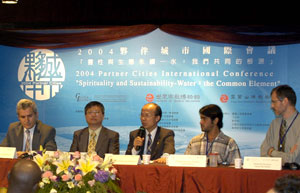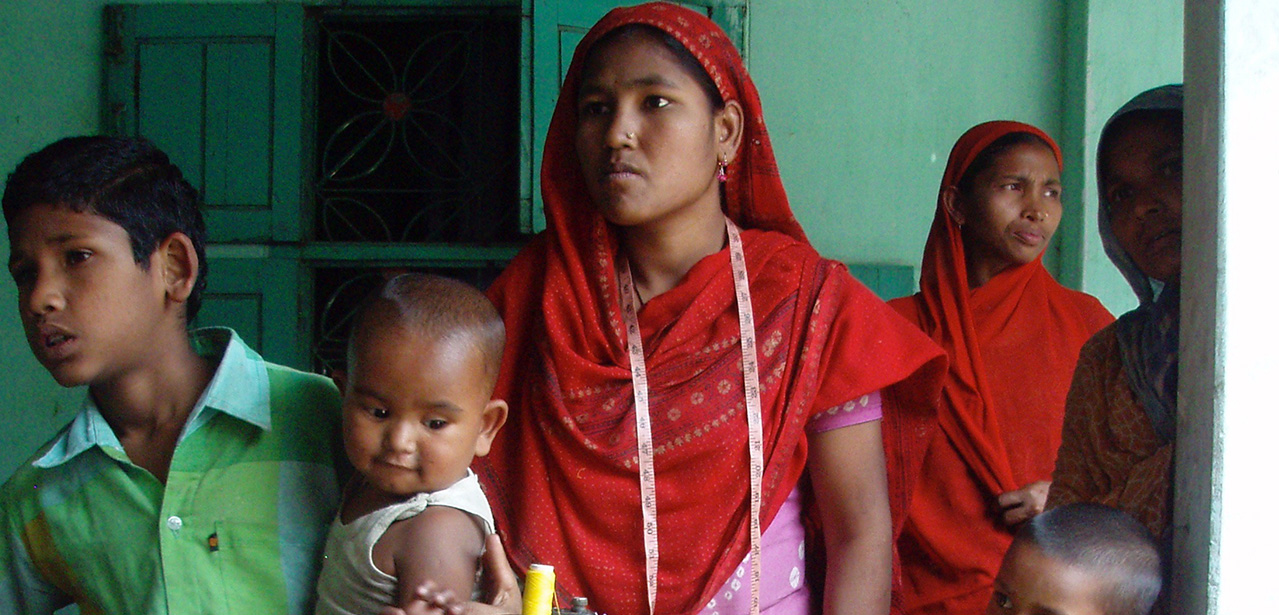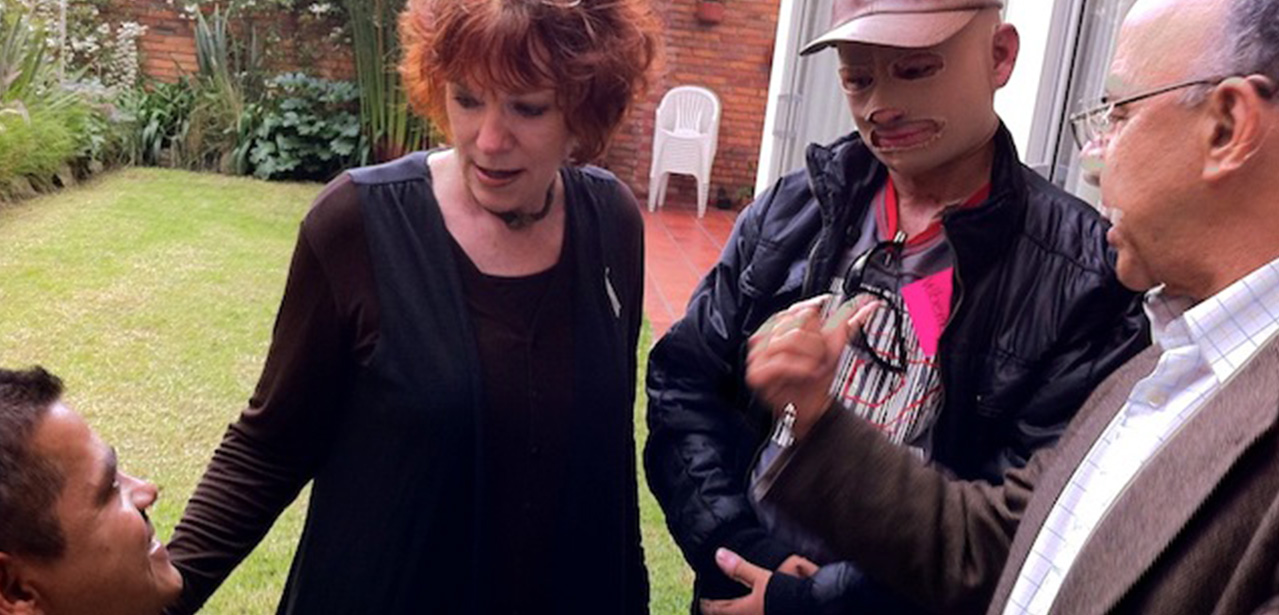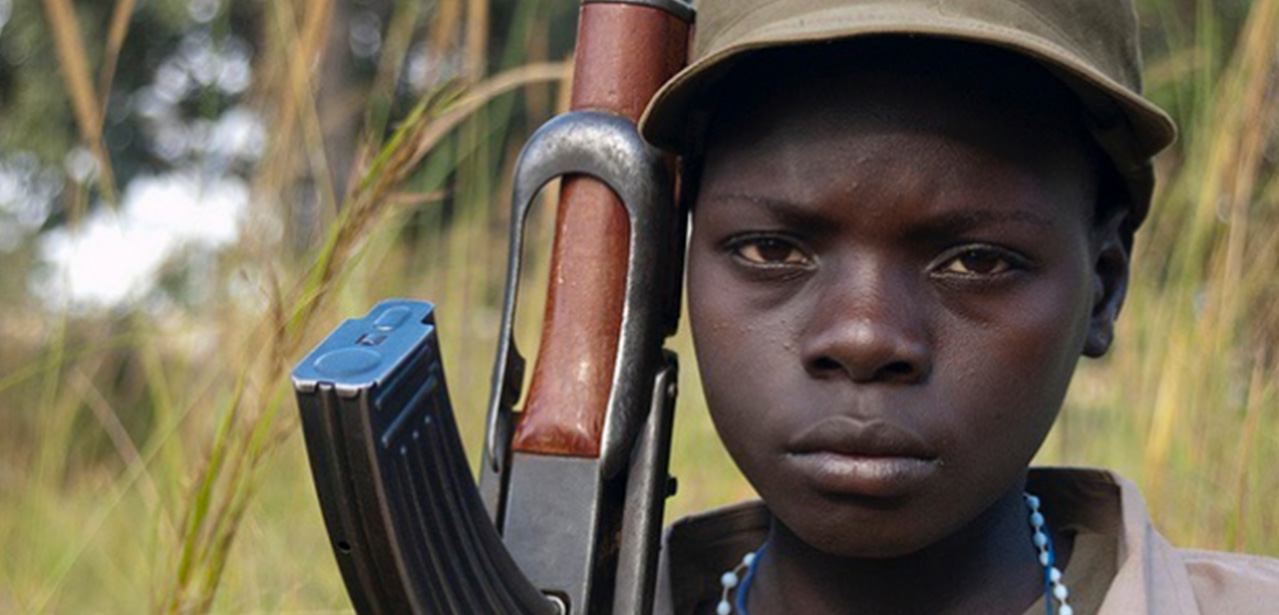
While the specific environmental concerns change based on geography, one of the issues of broadest concern across our global network is the lack of access to safe drinking water. Today 1.1 billion people live without access to safe drinking water.
Eighty percent of illnesses and deaths in the developing world are attributable to water-borne diseases. With the population continuing to grow and renewable water resources being depleted, this crucial issue is becoming an increasingly urgent concern.
Physical and Economic Scarcity of Water
Physical access to water is limited. When demand for water outstrips the lands' ability to provide, there is physical scarcity. For the most part, dry parts of the world or arid regions are most often associated with physical scarcity. However, there are an increasing number of regions in the world where physical scarcity is a man-made condition. The Colorado River Basin in the United States is an excellent example - a seemingly abundant source of water is overused and over-managed, leading to rivers running dry.
Economic water scarcity exists when a population does not have the necessary monetary means to utilize an adequate source of water. It is about an unequal distribution of resources for various reasons, including political and ethnic conflict. Much of sub-Saharan Africa suffers under the effects of this type of water scarcity.
Without question, economic water scarcity in an issue that can be addressed quickly and effectively. Access to clean water can be as simple as building small dams to catch rain water, or rain collection systems to collect rain from rooftops. It simply takes some money, a bit of engineering and some local construction efforts.
Water Access is a Human Right
Many understood human rights cannot be realized without the prerequisite of water.
- Right to life: Without water, no life can be sustained.
- Right to adequate standard of living cannot be realized without a secure access to water
- Right to education: The lack of proper supply of water forces children to walk long distances, often several times a day - thus missing school - to provide their families with water.
The right to water is indispensable for leading a life in human dignity, but often denied in developing as well as developed countries.



